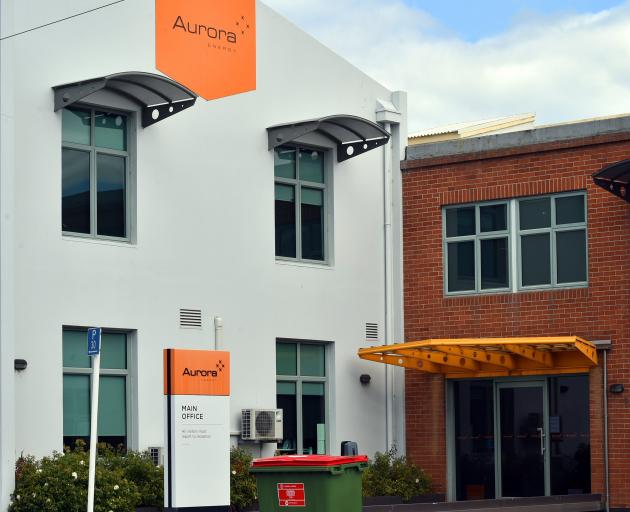
Retain a major and essential infrastructure asset , or sell and have millions to invest in a fund that hopefully provides useful returns.
Beyond the horizon of this apparent "no-brainer" decision lies a more complex issue around the ownership benefits of essential infrastructure, and what happens when these assets are sold on. However, the real value of local control is lost.
Removing the Aurora network from the DCC’s ownership certainly eases the present financial burden. However, there is little ultimate benefit for the ratepayer when a new owner is able to hike charges.
That the Commerce Commission oversees and regulates lines network pricing for consumers is a lukewarm inducement to argue that future consumer (i.e. ratepayer) protection exists. The cold hard experience of Central Otago residents since Aurora bought their local network shows otherwise. Despite the commission requiring an asset management plan from Aurora since the early days of lines network regulation, it didn’t save consumers from a grossly negligent maintenance schedule that continued for almost 20 years, resulting in a dilapidated network, a $5million fine imposed by the commission for poor service delivery, and an overly expensive maintenance catch-up programme with electrical contractors from all over New Zealand and even Australia mobilised to patch up and rebuild the network.
And the commission together with the Electricity Authority never recognised that for those same years when lines charges in Central Otago had increased by over 1000%, providing the DCC with healthy dividends, their network was falling to bits. Those dividends that should have been spent on the network mean that under Aurora’s Customised Price-quality Path with the commission, Central Otago now has to pay twice.
There is no magic worked in Wellington despite a bevy of policy analysts and forensic accountants at the commission attempting to protect the consumer from poorly managed electricity distribution networks. The latest Aurora CPP report released by the commission has identified "increasing reliability issues on Aurora’s network, which adversely impact Aurora’s customers".
"Specifically, the length and frequency of unplanned outages has increased."
Central Otago is still waiting to hear why a major section of its network failed twice in January this year, and despite Aurora’s Customer Charter on refunds for extended unplanned outages, no credits appear to have been applied to those thousands of affected customers.
No, the current model with its regulatory oversight for all its good intentions is brimming with inefficient, ineffective and expensive bureaucracy that ultimately has to be paid for by consumers.
The best outcome is local network trust ownership and North Otago quietly bears testament to this successful model, which is largely left alone by the Commerce Commission. With some of the cheapest lines charges in the country and among the highest reliability stats, it has satisfied customers who also vote for the directors of their network’s governance. Accountability is just down the road!
The DCC has to ask itself how it can best provide essential infrastructure for its ratepayers in the long term. The answer must also recognise that its ratepayers pay lines charges to whoever owns the network, and that local ownership is a huge part of any region’s circular economy.
Yes, divest itself of Aurora, set up a consumer-owned trust for the city’s portion of the network and sell the rest back to Central Otago, which ironically has the potential capital in its diversified investment fund, the Central Lakes Trust, to help get this across the line.
■Nick Loughnan is an Alexandra farmer.











